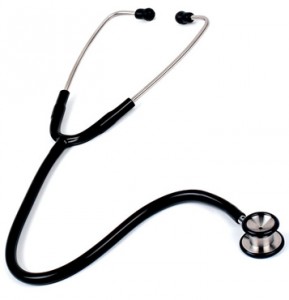Ghana government called upon to establish public health emergency fund
 Participants in a day’s workshop on Epidemic Preparedness and Response (EPR) Advocacy Project, have called on the government to enact a legislation to establish a Public Health Emergency Fund without delay to help address the numerous challenges facing the health sector.
Participants in a day’s workshop on Epidemic Preparedness and Response (EPR) Advocacy Project, have called on the government to enact a legislation to establish a Public Health Emergency Fund without delay to help address the numerous challenges facing the health sector.
They also called for reactivating the process towards changing the Covid Fund into Epidemic Preparedness Fund to effectively address the health issues.
The workshop organized by the Janok Foundation, a local Non-Governmental Organisation (NGO) of the Accra Metropolitan Assembly (AMA) with support from SEND Ghana was analysing the AMA’s 2023 Annual Action Plan (AAP) under the EPR advocacy project.
It was also to evaluate the allocation of budgetary resources under health, specifically for epidemics, HIV and AIDS, immunisation, malaria, maternal and child health, nutrition, water, sanitation and hygiene as well as health infrastructure.
The Annual Action Plan offers a roadmap on how Metropolitan; Municipal District Assemblies would generate and allocate their income in the cause of a fiscal year and to evaluate how well they would respond to epidemics and health needs of the people in their communities.
Madam Jane Amerley Oku, Chief Executive Officer (CEO) of the Janok Foundation, in an interview with Ghana News Agency, said the creation of such a fund was long overdue and called on the Ministry of Health, Finance Ministry and the Ghana Health Service to expedite the process for the enactment of the bill.
She expressed concern that allocation for HIV and AIDS, immunization must be a separate programme and should not be merged as had been the practices to bring about transparency and accountability in the disbursement of funds.
Madam Oku suggested that 0.05 percent District Assembly Common Fund (DACF) should be allocated separately for Malaria and HIV and AIDS and the assemblies to allocate part of their Internal Generated Fund (IGF) for epidemic preparedness financing.
“Activities for maternal and childcare in subsequent plans should include education sessions and focus groups discussion led by the District Health Management team to ensure that vulnerable people bring their ideas”, she said.
She said Tuberculosis (TB) is one of the major airborne diseases which needs critical attention to reduce its transmission and urged government to support the Health Directorate with the adequate funding to enable them increase TB cases detection from 35 per cent to 65 per cent.
Participants later called for mass media support in projecting the issues of public health fund and for the private sector players in health to also support socially relevant problems in the communities.
Source: GNA
